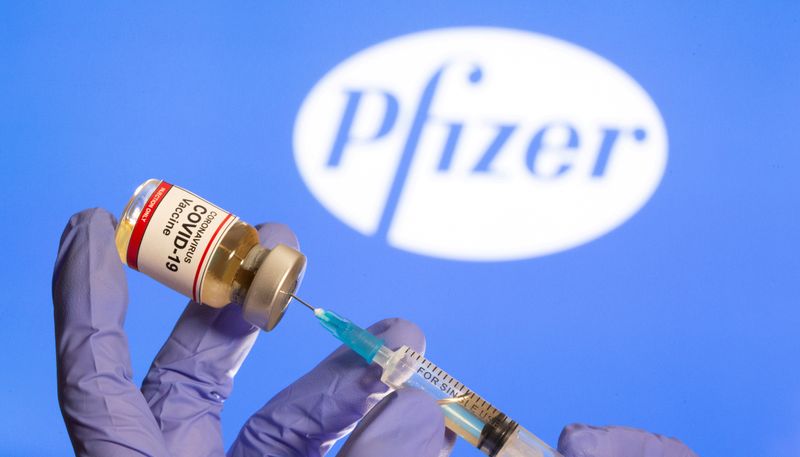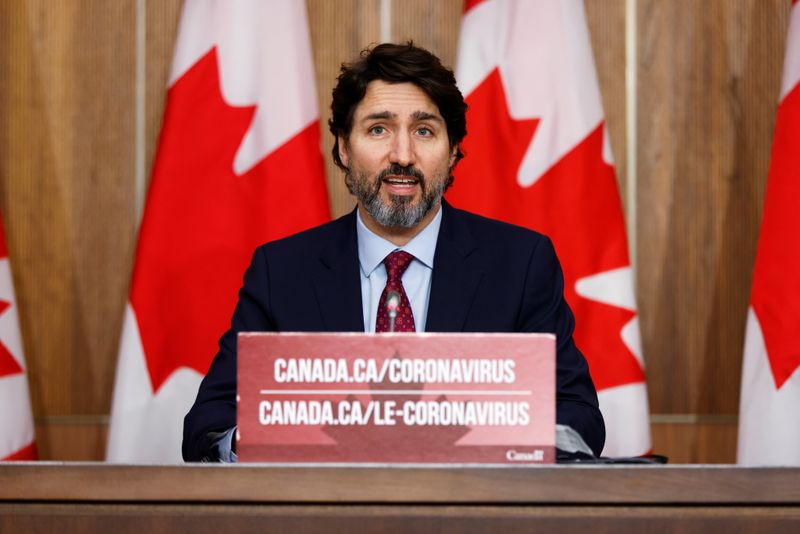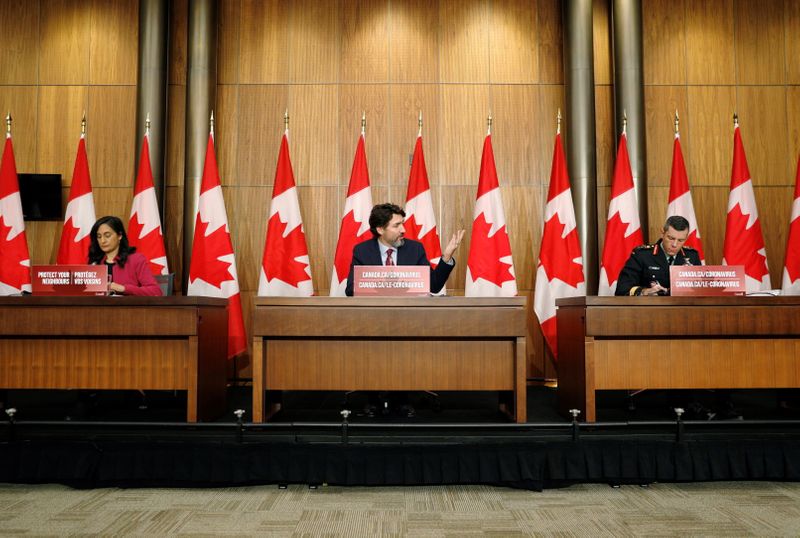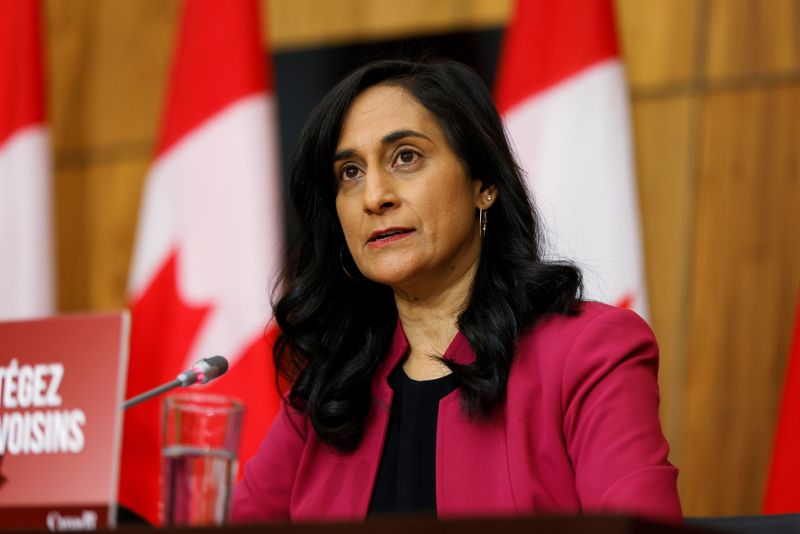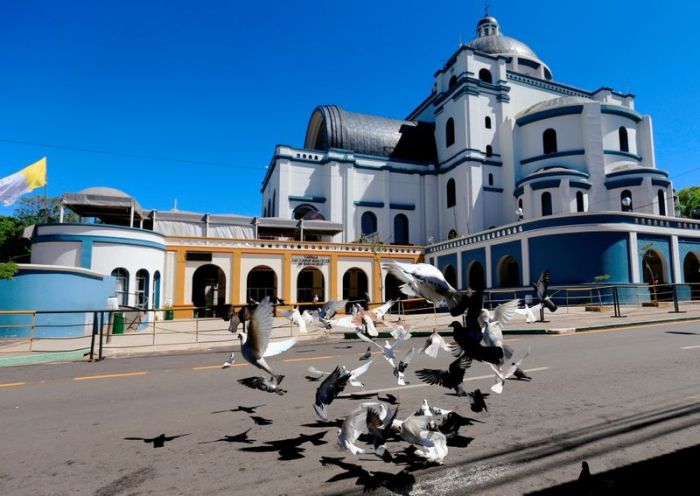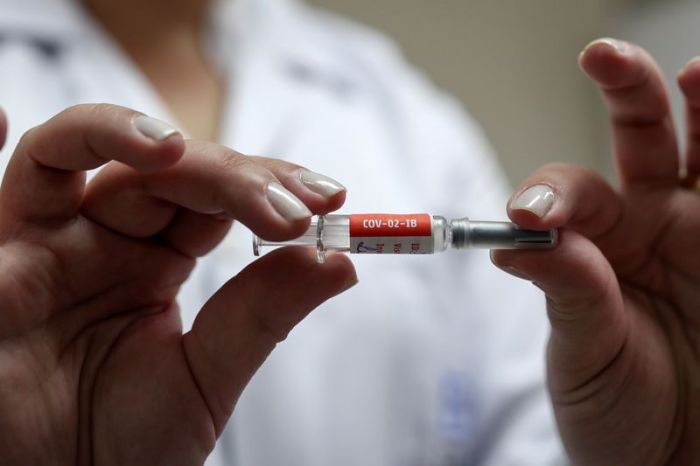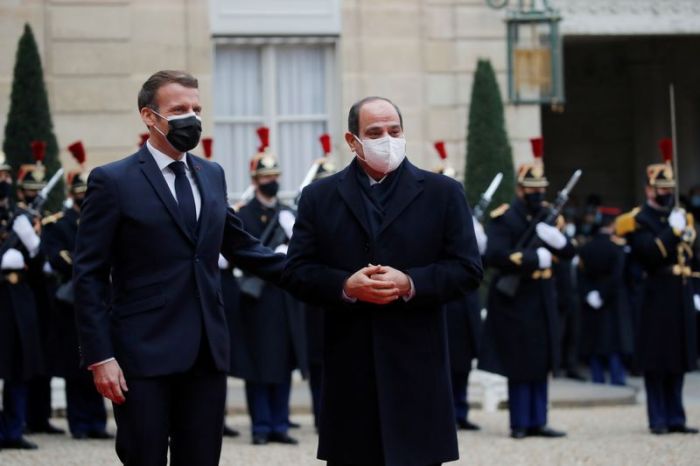OTTAWA (Reuters) – Canada will start receiving its first doses of Pfizer Inc’s COVID-19 vaccine before the end of December, sooner than expected, with millions more to follow in early 2021, officials said on Monday.
The news could help the minority Liberal government of Prime Minister Justin Trudeau fend off attacks from opposition parties that have accused Ottawa of acting too slowly to tackle a worsening coronavirus second wave.
Officials had initially expected to get a total of six million doses of vaccines from Pfizer and Moderna Inc by end-March. That would be enough to inoculate three million people as both vaccines require two shots about a month apart.
But Trudeau said up to 249,000 doses of the vaccine Pfizer is producing with German partner BionNTech SE would arrive this month, and a further three million doses should be delivered at the start of 2021.
Saying vaccinations could start next week, Trudeau dismissed the suggestion his government had pressed for early delivery to relieve political attacks by the opposition.
“There is a tremendous amount of uncertainty in terms of which vaccines were going to arrive first … we wanted not to get people’s hopes up,” he told reporters, repeating Ottawa expects regulators to approve the Pfizer vaccine this week.
Erin O’Toole, leader of the official opposition Conservatives, said it was unacceptable Trudeau had not made clear when every Canadian would be vaccinated.
Several of the 10 provinces are reimposing restrictions on businesses and limiting the size of gatherings as the number of new cases sets daily records. Canada has reported a total of 415,182 cases of COVID-19 and 12,665 deaths.
Trudeau said isolated Indigenous communities were a “priority population” for the vaccine and would be among those receiving the first inoculations at the start of next year.
For logistical reasons, the three northern territories have requested Moderna’s vaccine, which does not have the same ultra-cold delivery requirements as Pfizer’s, one official said.
Ontario and Quebec, the two most populous provinces, account for 67% of the total cases and 87% of the deaths.
Ontario announced on Monday that it would prioritize vaccinating healthcare workers and staff, residents and essential visitors in long-term care homes, and adults in Indigenous communities.
Quebec said it would receive 4,000 doses next week and start vaccinating nursing home residents.
(Additional reporting by Moira Warburton in Toronto; Editing by Chizu Nomiyama, Bill Berkrot and Sonya Hepinstall)

